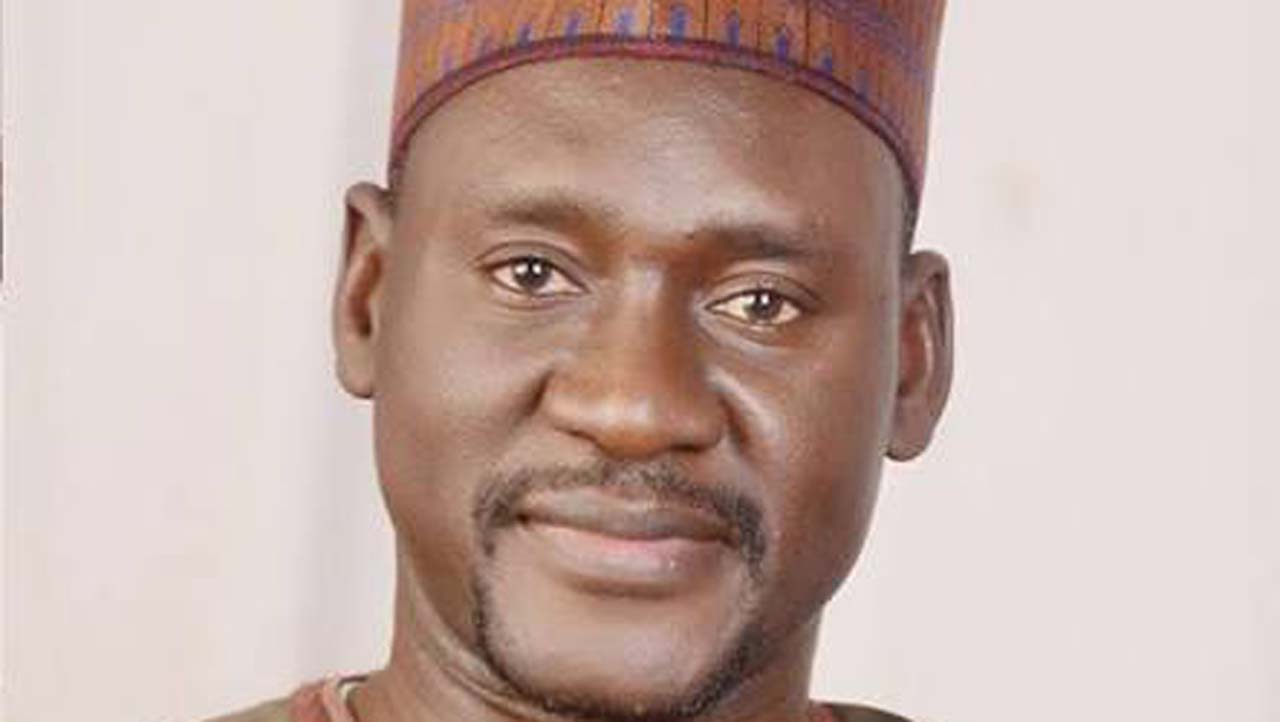
Stakeholders in the extractive industry sector are optimistic that Nigeria’s war against corrupt practices could be better fought, if the policy on Beneficial Ownership Register is well-implemented.
They spoke at a one-day dialogue on Beneficial Ownership Register in the extractive sector. It was organised by the Civil Society Legislative Advocacy Centre (CISLAC), the national chapter of Transparency International in Nigeria, on behalf of the Accountability in Extractive Sector (AES), a cluster within the framework of the Strengthening Civic Advocacy and Local Engagement (SCALE) project being implemented by Palladium with funding from the United States Agency for International Development (USAID).
Participants at the forum were representatives of the Nigeria Extractive Industries Transparency initiative (NEITI), Corporate Affairs Commission (CAC), Ministry of Petroleum Resources, Nigeria Upstream Petroleum Regulatory Commission (NUPRC), Nigeria Midstream and Downstream Petroleum Regulatory Authority (NMDPRA), South-West NSWG, Federal Inland Revenue Service (FIRS), Anti-Corruption agencies, Civil Society Organisations (CSOs) and the media.
The Executive Director, CISLAC, Auwal Ibrahim Musa (Rafsanjani), said the Nigerian government made commitments to strengthen anti-corruption reforms and joined the Open Government Partnership (OGP) in July 2016 to deepen institutional and policy reforms.
“One of the commitments within the anti-corruption agenda in the consolidation of existing and new reforms was the establishment of a public Central Register of Beneficial Owners of companies. Six years after this commitment, we stand before the Nigerian public and international community to say that we have crossed the first bridge, which is having the Companies and Allied Matters Act (CAMA), amended to support the beneficial ownership registry establishment.”
Commending the stakeholders, who worked tirelessly to have the law amended, particularly the NEITI, for making commendable efforts in establishing an extractive sector register, he said legitimate corporate businesses had an integral role in national development, and the involvement of politically-exposed persons, who conceal corruptly acquired wealth through the complex networks of companies deliberately created to hide their identities, further increased the risks they pose to non-fortified economies.
Musa said: “The Siemens, Halliburton and Malabu oil scandals, to cite a few high-profile cases, had a net impact on revenue leakages that affected the country’s finances and the citizens’ economic wellbeing. We contextualise our conversations around beneficial ownership in its contemporary form as defined by the following indexes:
“Financial Action Task Force (FATF), whose efforts aim at promoting policies and standards that insulate global financial systems from acts of money laundering and the financing of terrorism and proliferation of weapons of mass destruction. Nigeria’s obligation under the United Nations Convention Against Corruption (UNCAC) and other international anti-money laundering and anti-terrorism instruments to improve the transparency of legal entities and other arrangements…”
“We were already facing some sanctions from the European Union for the non-existence of anti-money laundering legislations. We see and hear of prosecutions of individuals and entities involved in the #panamapapers leaks and the #wikileaks among others. There seems to be no legal framework that enables the convictions of all that was involved from Nigeria. Aside the fear of the international community, it is worthy of note here that concealing of the beneficial owners’ costs lives of fellow countrymen as terrorists use international financial systems to sustain their operations.”
The CISLAC boss maintained that without transparent ownership of Nigerian and international companies operating within Nigeria’s jurisdiction, the country will not be able to stop the bleeding through illicit financial outflows which is perpetually on a geometric progressive increase year on year, which costs the country annually around $17 billion, with special emphasis on the backbone of the economy, the oil and gas industry.
He said as long as wrong incentives and dysfunctional supervision dominate the national financial systems, consequences in the form of terrorism financing, trans-national organised crime, tax evasion and illegal enrichment of politically exposed persons would prevail.
He argued that a collaborative partnership by relevant stakeholders in the beneficial ownership campaign would help give a voice to the simple, but strategic endeavour that would help curb corruption in the financial, procurement and other strategic sectors and contribute effectively to domestic revenue mobilisation for financing development of critical sectors of the economy.
Participants noted that lack of transparency on the part of business owners also hampered investigation, as many of them presented invisible addresses that could not be traced, while some even put unborn children as directors or used their family names interchangeably. They noted that these were done mostly for corrupt practices, including evading tax.
They also stated that to fight the battles and rid the country of corruption, all hands must be on deck and collaboration among stakeholders and regulatory agencies.
“It is a collective responsibility that if won, it would move the nation forward. There is also need to encourage inter-agency collaboration on information and knowledge sharing within the sector,” they observed.
Participants also believed that enhancing the use of beneficial ownership information was critical to facilitate the identification, recovery and return of proceeds of crime.
Photo: CISLAC FORUM
Caption: Sectorial Head, Extractive Industry Section, Economic and Financial Commission (EFCC), Mr. Awolusi Moses, Principal Manager, Compliance Department, Corporate Affairs Commission (CAC), Mr. Olumide Ologe, Associate Director, Intelligence and Investigative Support (NFIU), Mrs. Biola Shotunde, Executive Diretor,
Civil Society Legislative Advocacy Centre (CISLAC), Auwal Musa Rafsanjani and Civil Society Representative/NEITI National Stakeholder Working Group, Mr. Peter Egbule at a One-Day Policy Dialogue on Beneficial Ownership Implementation organized by CISLAC with support from USAID/Palladium in Lagos.






